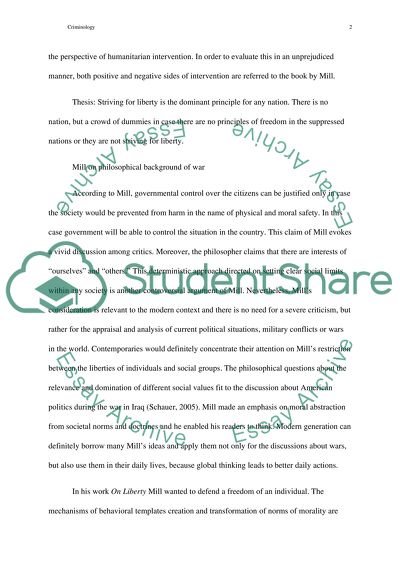Cite this document
(“John Stuart Mill's view of the Iraqi War Term Paper”, n.d.)
Retrieved from https://studentshare.org/philosophy/1394082-john-stuart-mill-s-view-of-the-iraqi-war-according
Retrieved from https://studentshare.org/philosophy/1394082-john-stuart-mill-s-view-of-the-iraqi-war-according
(John Stuart Mill'S View of the Iraqi War Term Paper)
https://studentshare.org/philosophy/1394082-john-stuart-mill-s-view-of-the-iraqi-war-according.
https://studentshare.org/philosophy/1394082-john-stuart-mill-s-view-of-the-iraqi-war-according.
“John Stuart Mill'S View of the Iraqi War Term Paper”, n.d. https://studentshare.org/philosophy/1394082-john-stuart-mill-s-view-of-the-iraqi-war-according.


